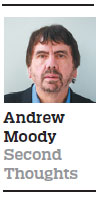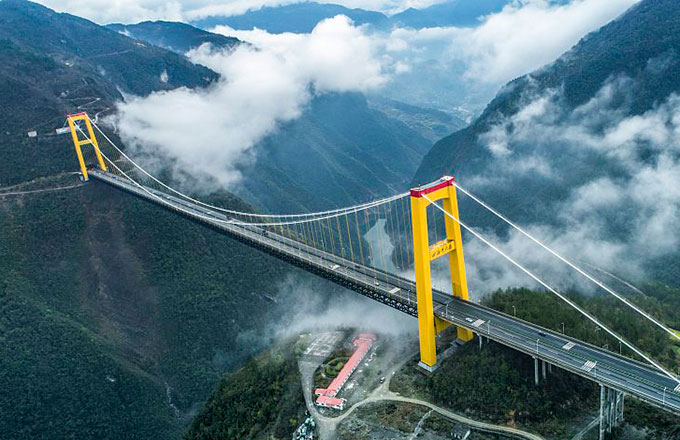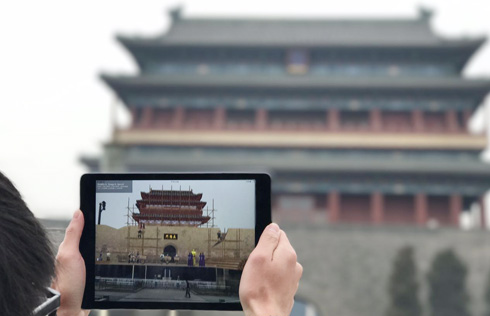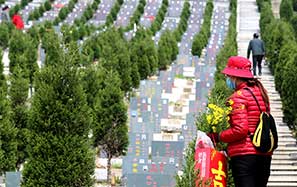A place where ideas show the way forward
"It is not something that makes you stand out here," laughed the great American economist Edmund Phelps.
The 83-year-old director of the Center on Capitalism and Society at Columbia University was talking after an interview I did with him at the China Development Forum at the Diaoyutai State Guesthouse in Beijing.
He was actually referring to being a Nobel prizewinner. I dare not hazard to guess how many there were at the forum - often referred to now as the Chinese Davos - because I would almost certainly underestimate the actual number.
I did, however, manage to interview three of them - the two others being Joseph Stiglitz, also from Columbia, and Michael Spence from New York University.
You could also easily bump into the odd former US Treasury secretary, whether it be Hank Paulson or Larry Summers, and even Apple CEO Tim Cook, such was the stellar lineup.
It was the 18th series of the event, which was inaugurated in 2000 and aims to link China's leaders with some of the world's greatest thinkers.

One thing the forum does is fully quash the notion - that many in the West still try to hang on to - that there is no serious debate about issues in China.
On the agenda this time was the state of the global economy, China's supply-side structural reforms, innovation and the world of work in the age of robots.
One discussion point that came up time and again was how much the whole debate about globalization has been shaped by President Xi Jinping's address to the World Economic Forum in Davos in January.
We now live in a world where China is championing a more globalized world, not just through its commitment to international trade and global supply chains but through its own initiatives such as the Belt and Road Initiative and the Asia Infrastructure Investment Bank.
The same can no longer be said of the United States, where the somewhat confused rhetoric coming from the White House seems to hark back to the protectionism and isolationism of the 1930s.
Stephen Roach, senior fellow at the Yale Jackson Institute for Global Affairs and former chairman of Morgan Stanley Asia, summed up the views of many.
"Should we defend globalization? The answer is 'yes' but the question is 'how?' What are the consequences if we get the answer wrong?
"The lesson of history, if we answer the question poorly, is that there are grave and lasting consequences for the whole world."
Not surprisingly, future China-US economic relations were also at the fore at the forum.
It was lost on nobody that the new US Secretary of State Rex Tillerson was staying in some adjacent building on the State Guesthouse grounds while the debates were going on.
Summers said we had to see what actual policies came out of the White House.
"Ultimately it is going to be the actions that are taken that are going to be more important than what has been said so far," he said.
Many of the participants moved on from Beijing to the Boao Forum for Asia in Hainan province, to continue the debate.
Contact the writer at andrewmoody@chinadaily.com.cn
(China Daily 03/29/2017 page2)

























